Power of Pollinators
Who Are Our Pollinators?
Along with bees, pollinators can include birds, bats, butterflies, moths, flies, beetles, wasps, and small mammals. A pollinator can be any animal that visits flowers to drink nectar or feed off of pollen and ends up transporting or moving pollen grains elsewhere.
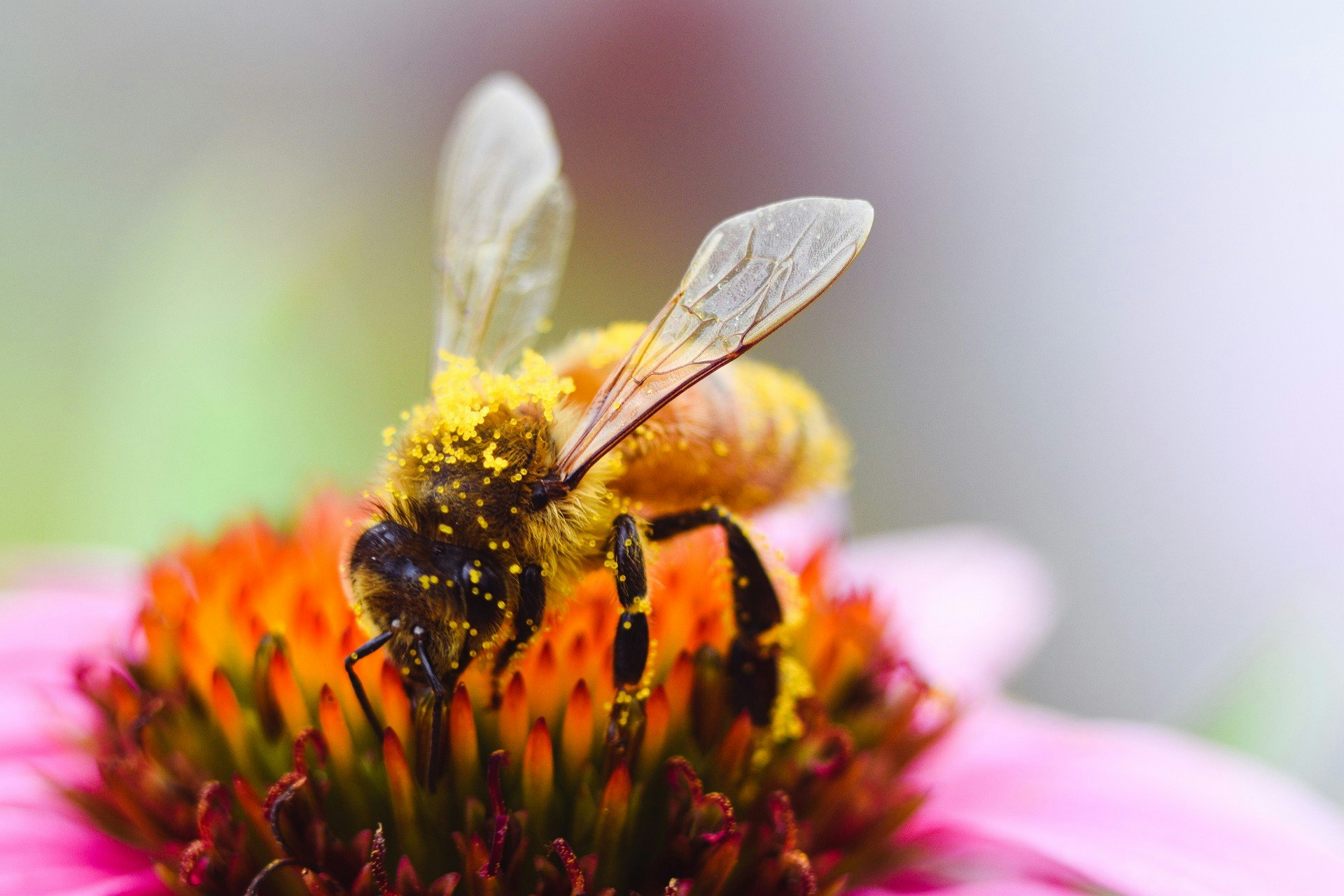
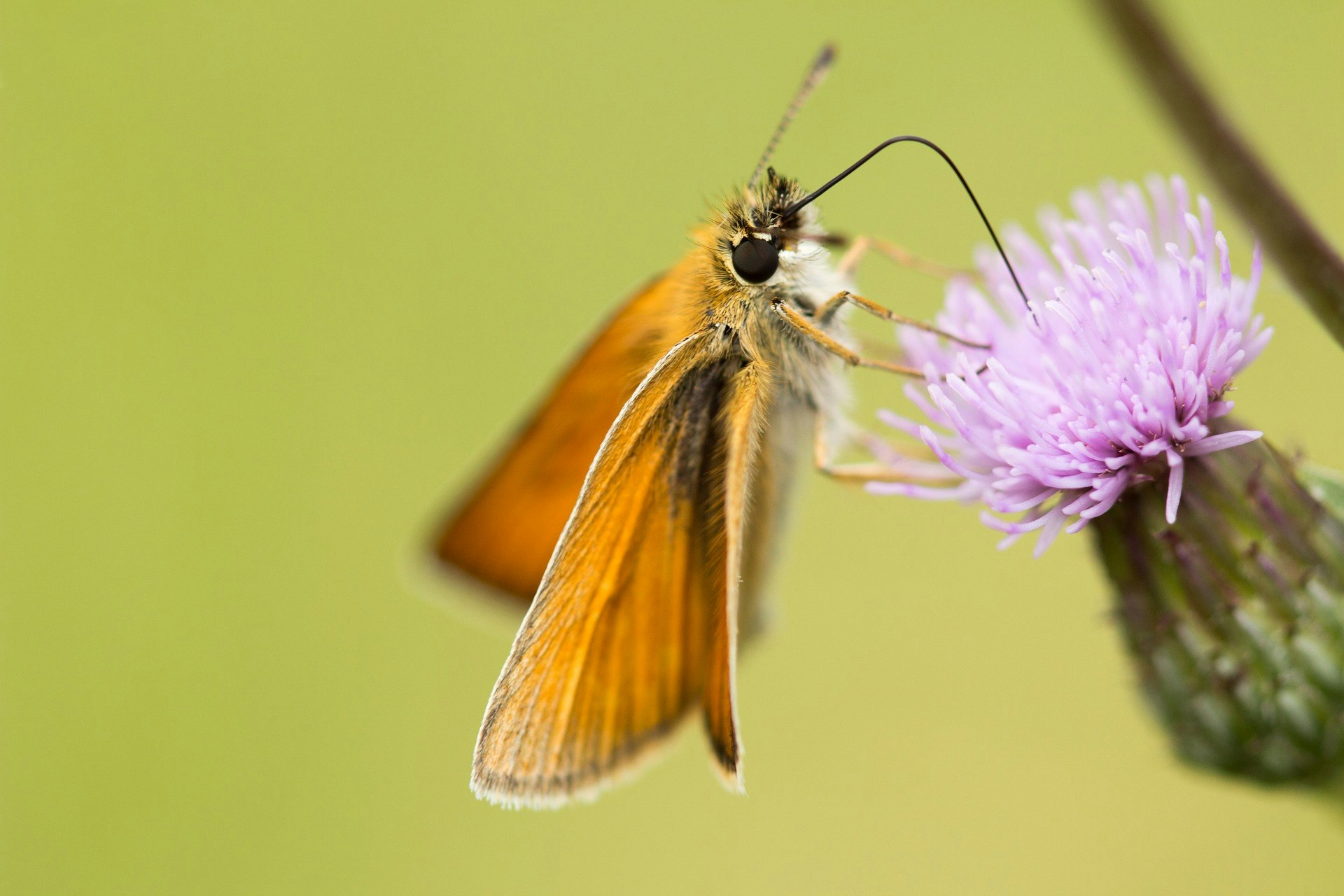

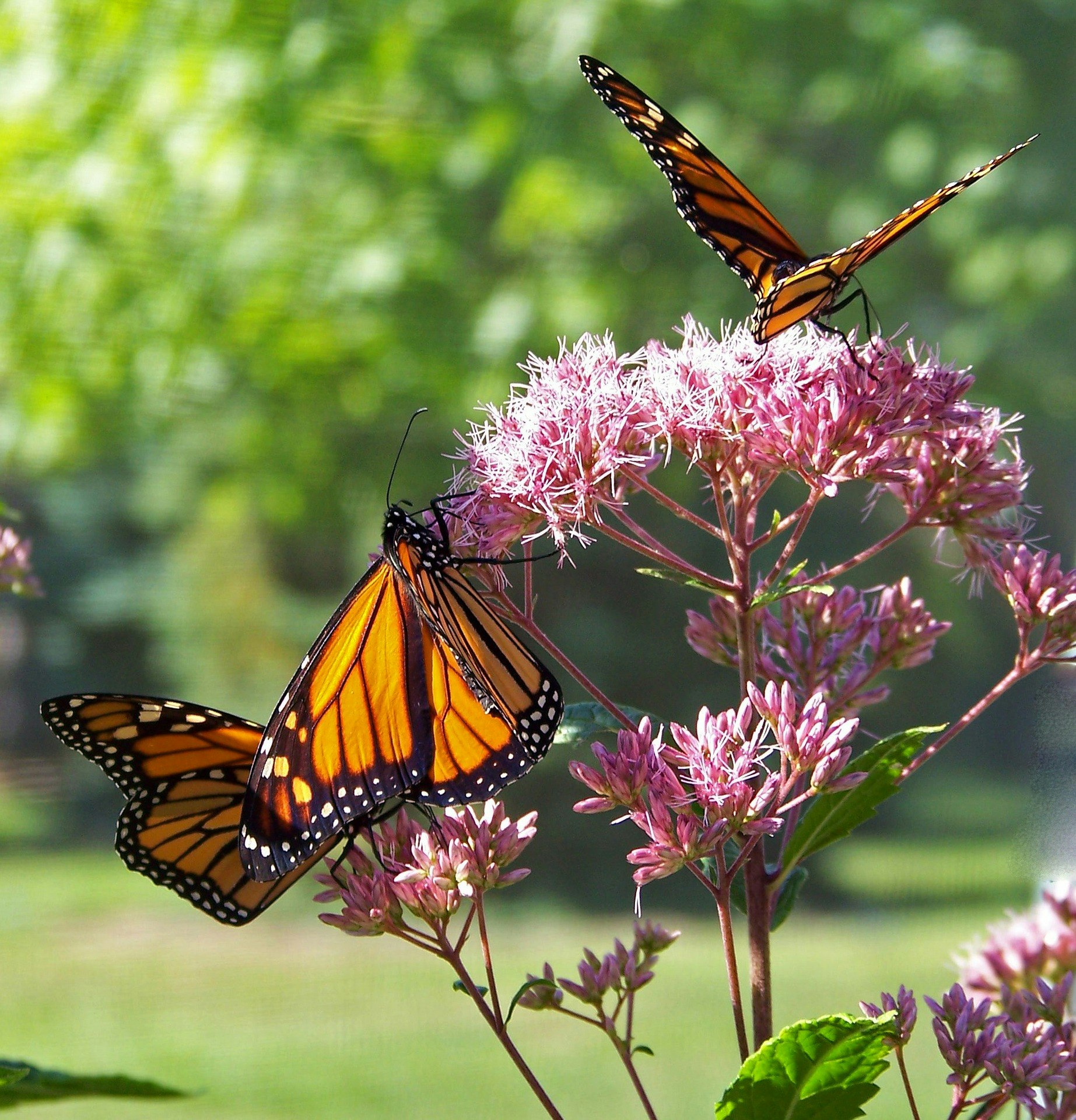
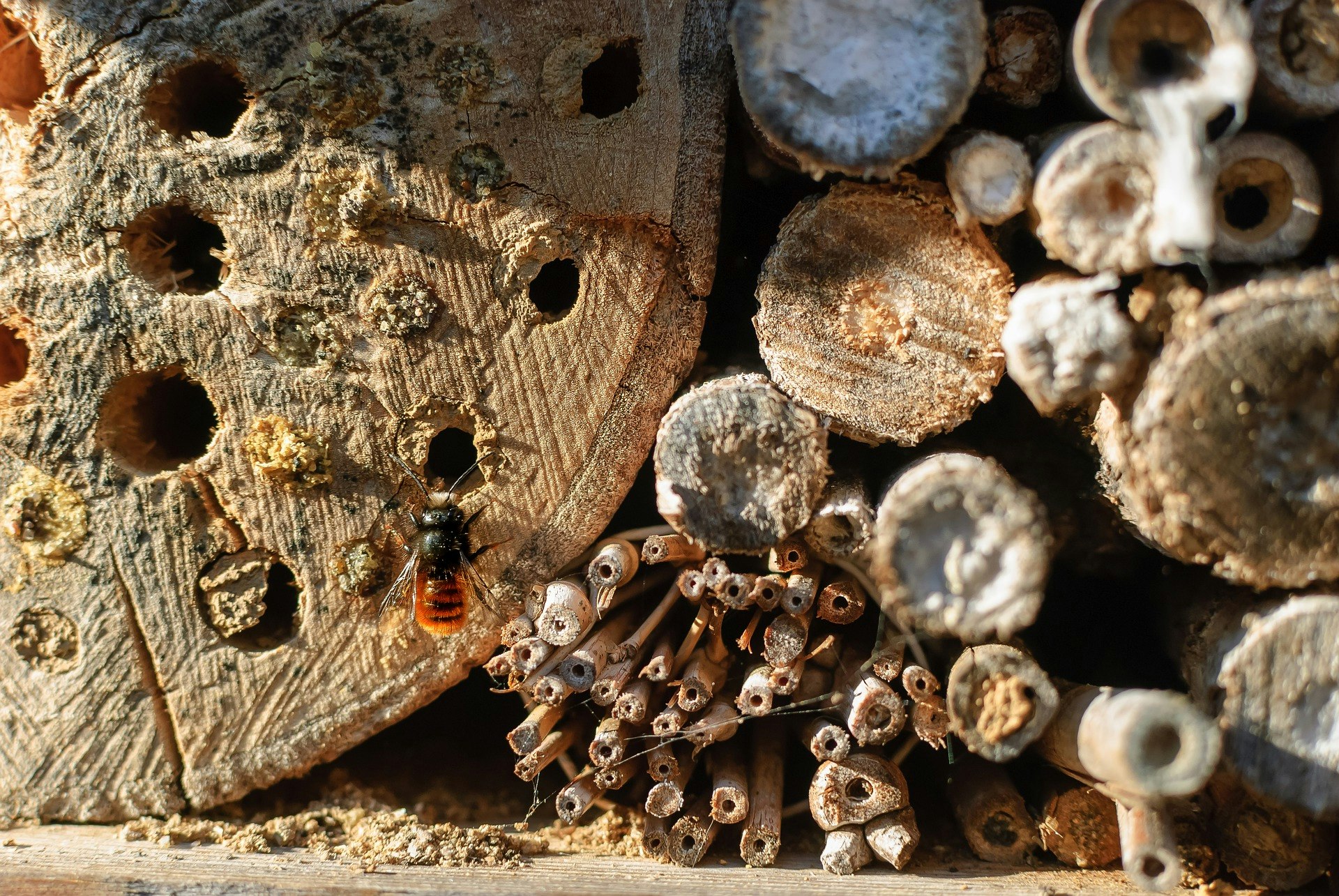
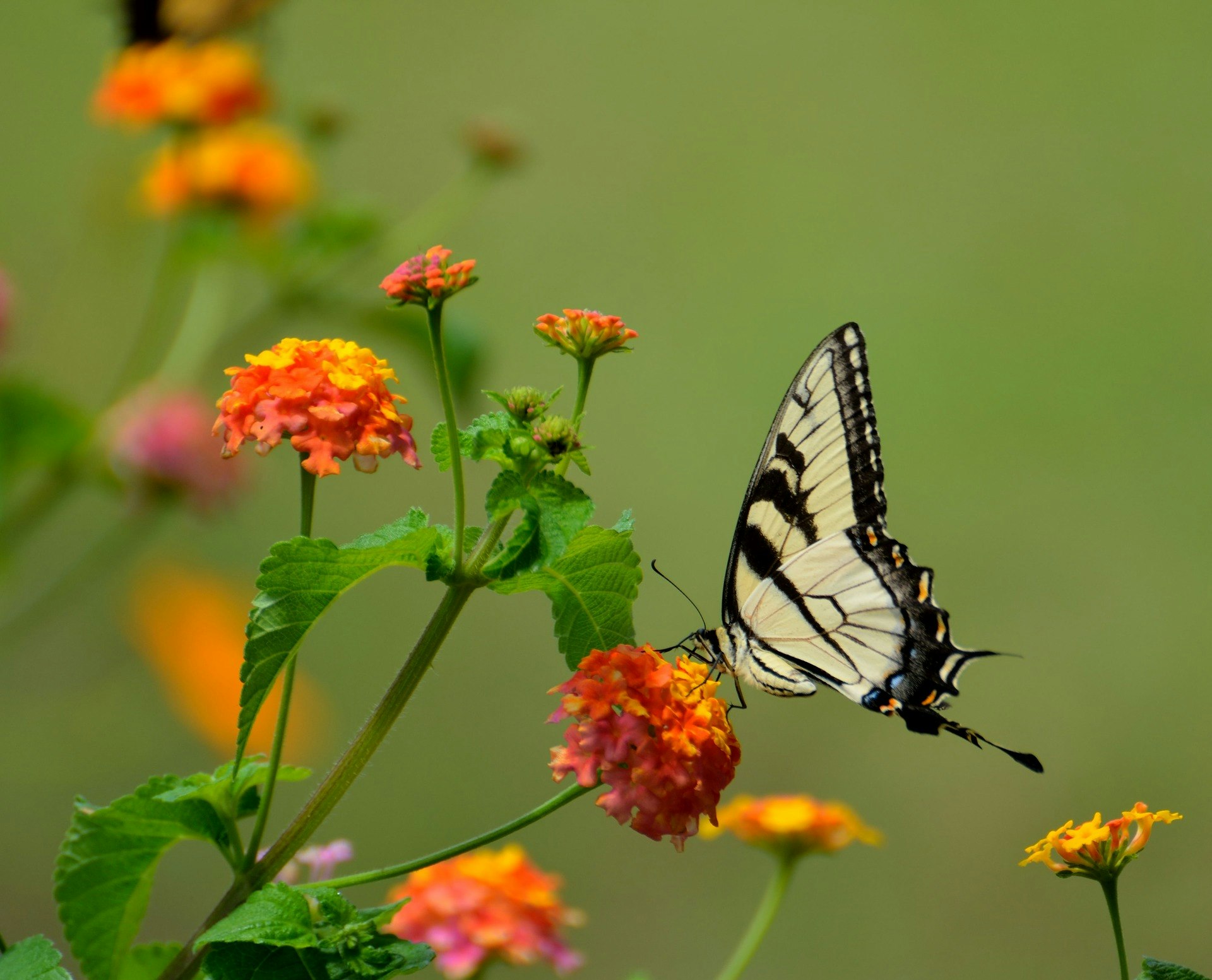
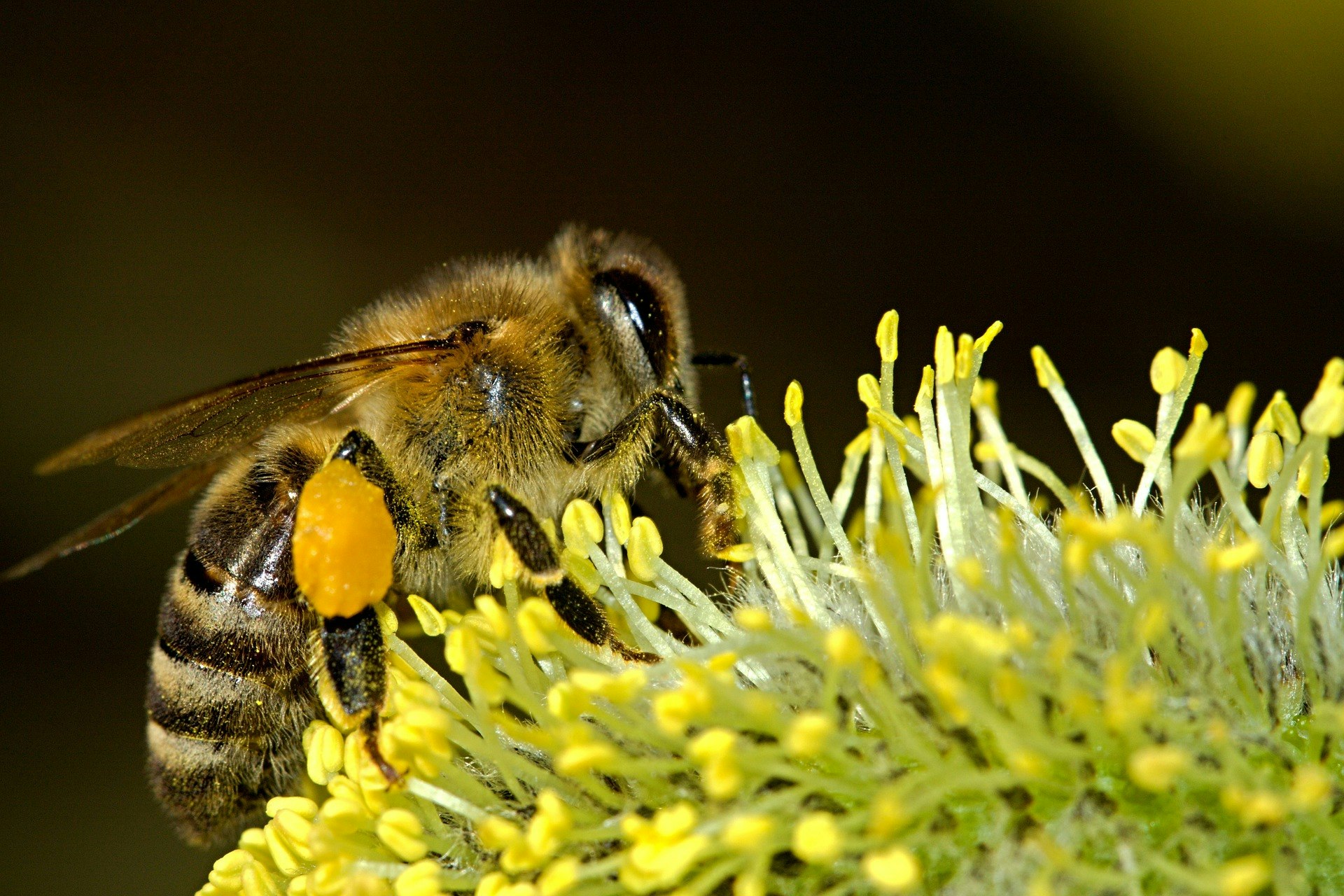

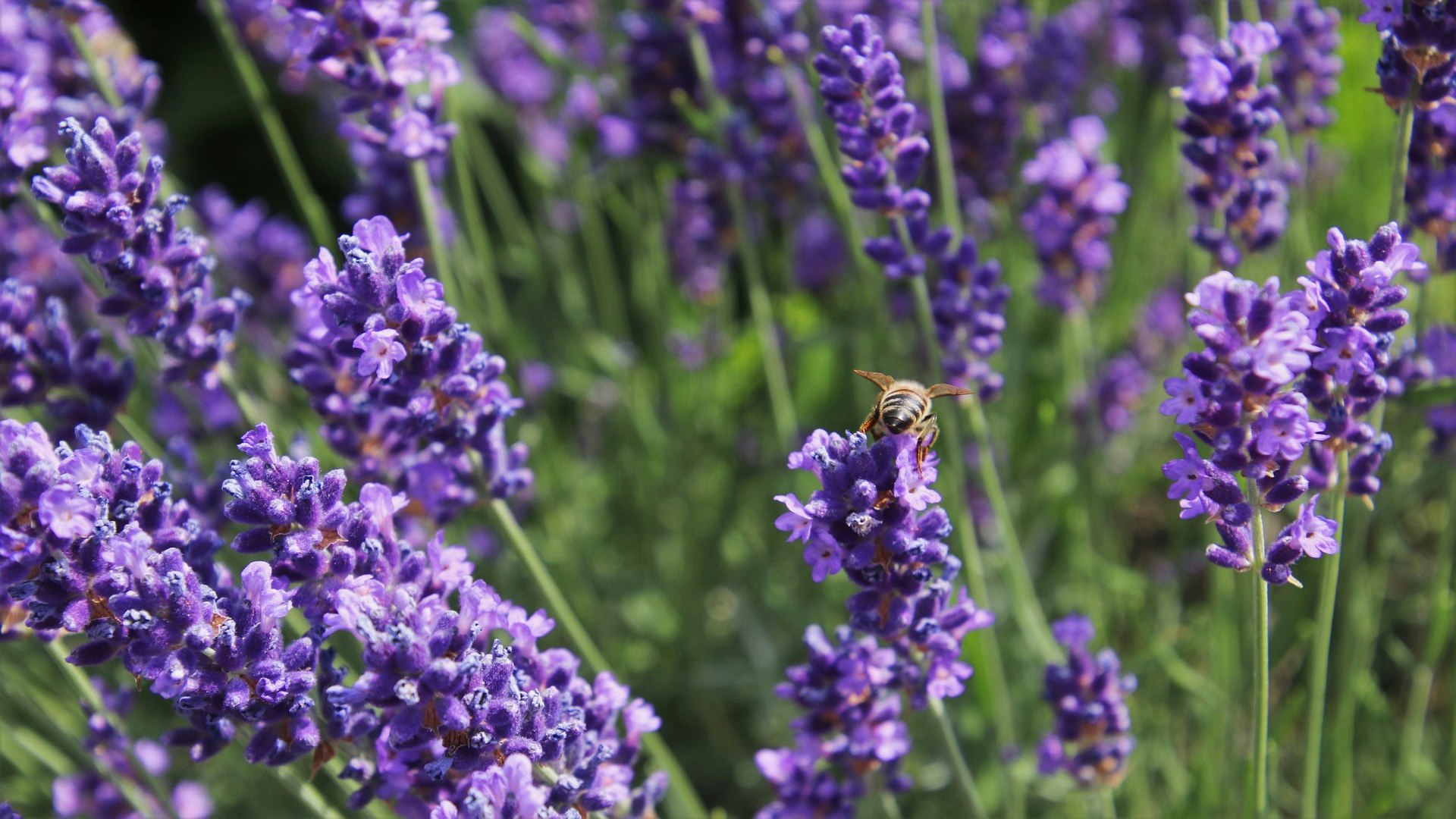

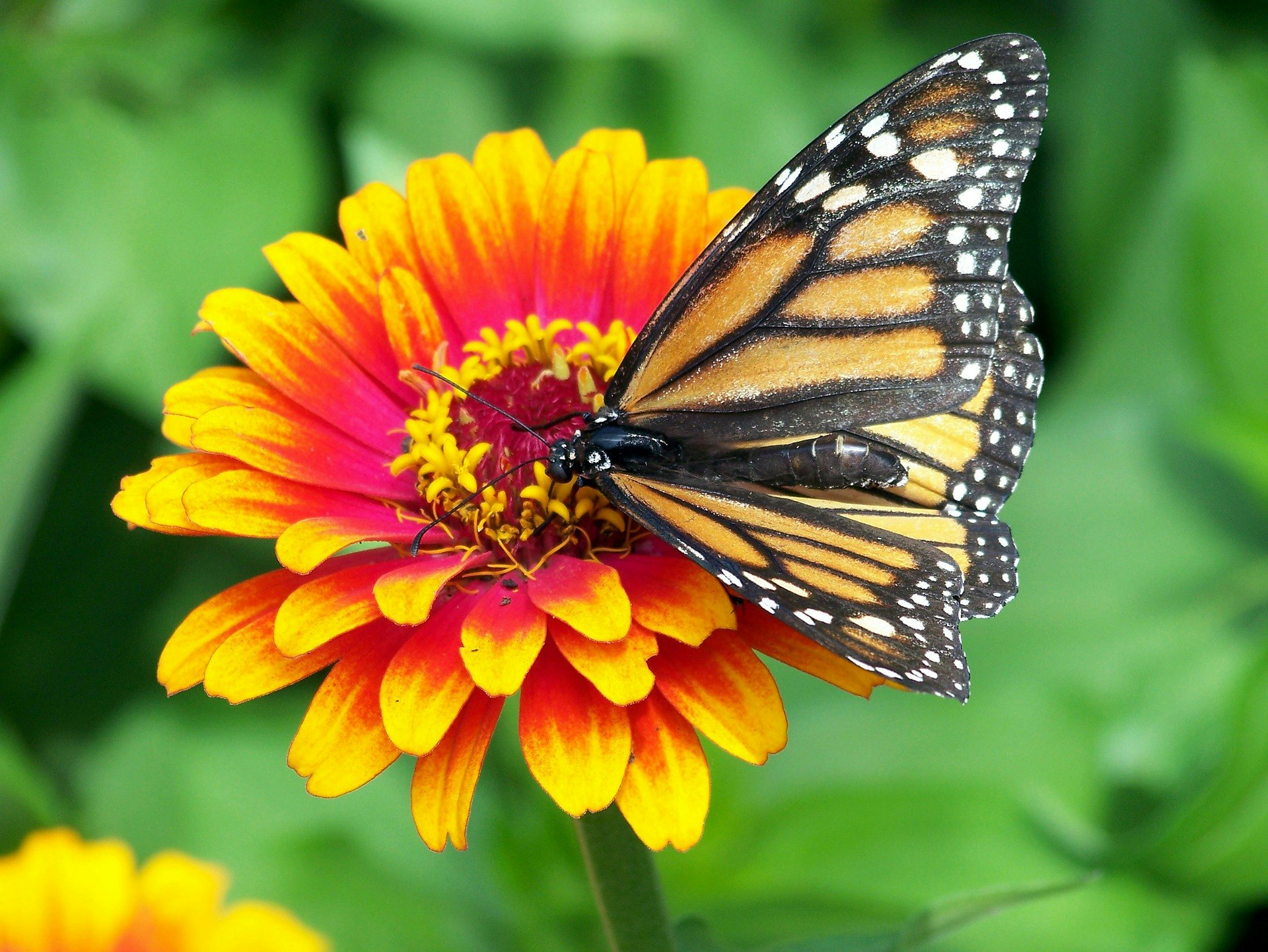
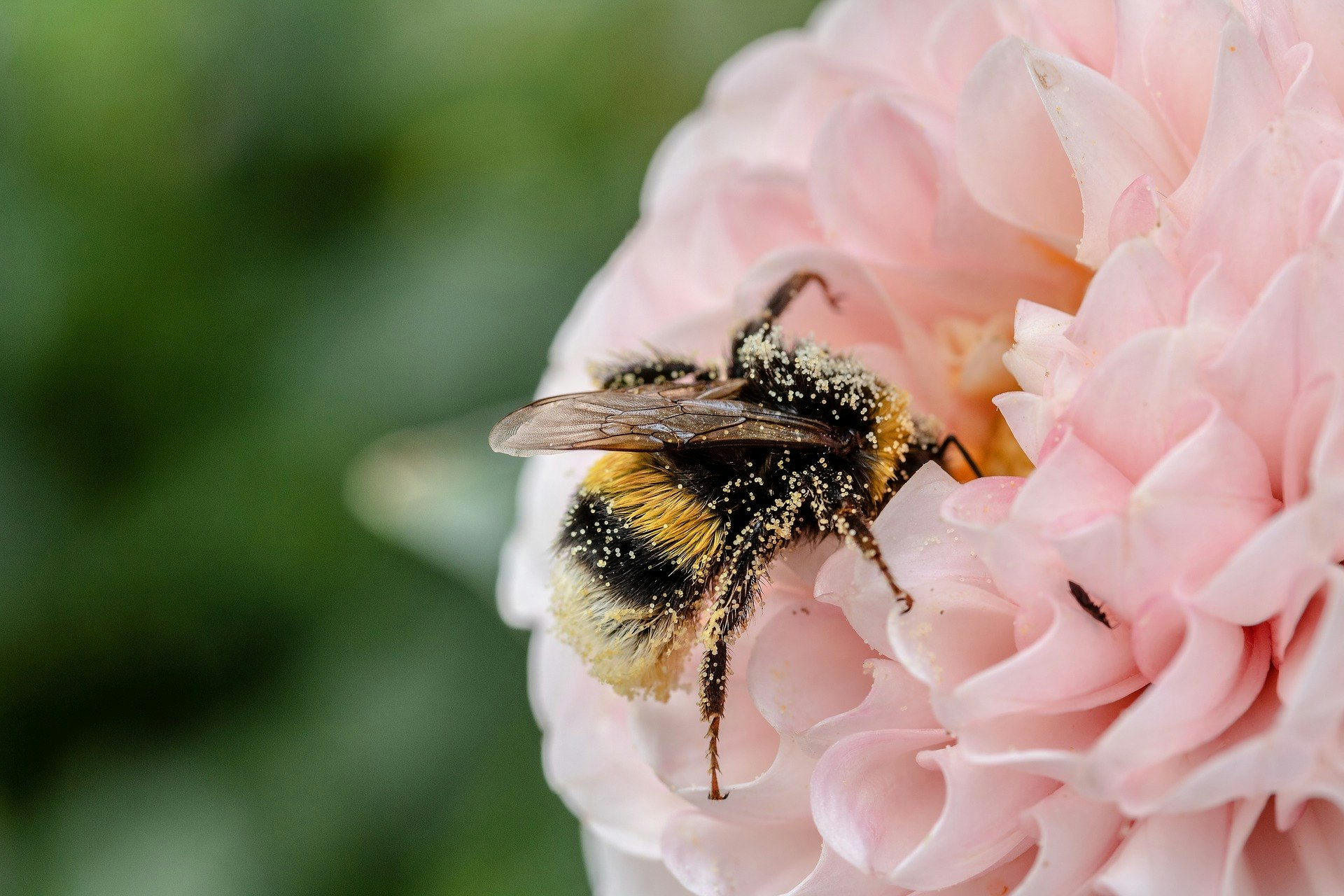
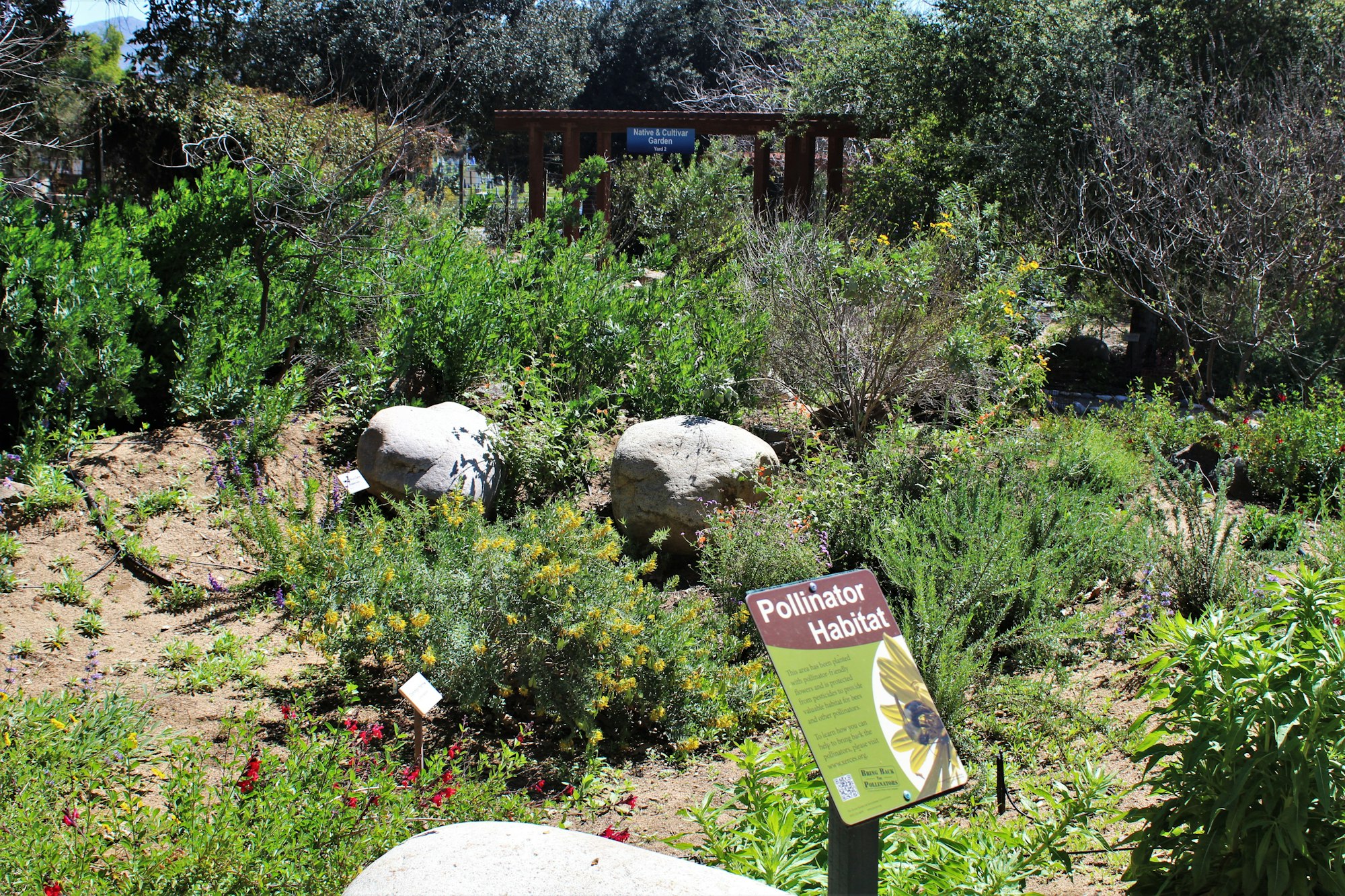













Bright, sweet-smelling flowers attract pollinators. which feed on the nectar produced by these flowers, brushing up against the flower's pollen. When the pollinator moves on to another flower, it takes the pollen with it, transporting it to where it needs to be (the part of a plant called a stigma) in order for the plant to reproduce, to produce seeds and fruits .
Why Are Pollinators Important?
Pollinators are essential to our daily life. They are responsible for bringing us one out of every three bites of food. Pollinators also sustain our ecosystems and produce our natural resources by helping plants reproduce.
Pollinating animals travel from plant to plant carrying pollen on their bodies in a vital interaction that allows the transfer of genetic material critical to the reproductive system of most flowering plants – the very plants that

- bring us countless fruits, vegetables, and nuts,
- produce ½ of the world’s oils, fibers and raw materials;
- prevent soil erosion,
- increase carbon sequestration
For more detailed information on the process of pollination click here.
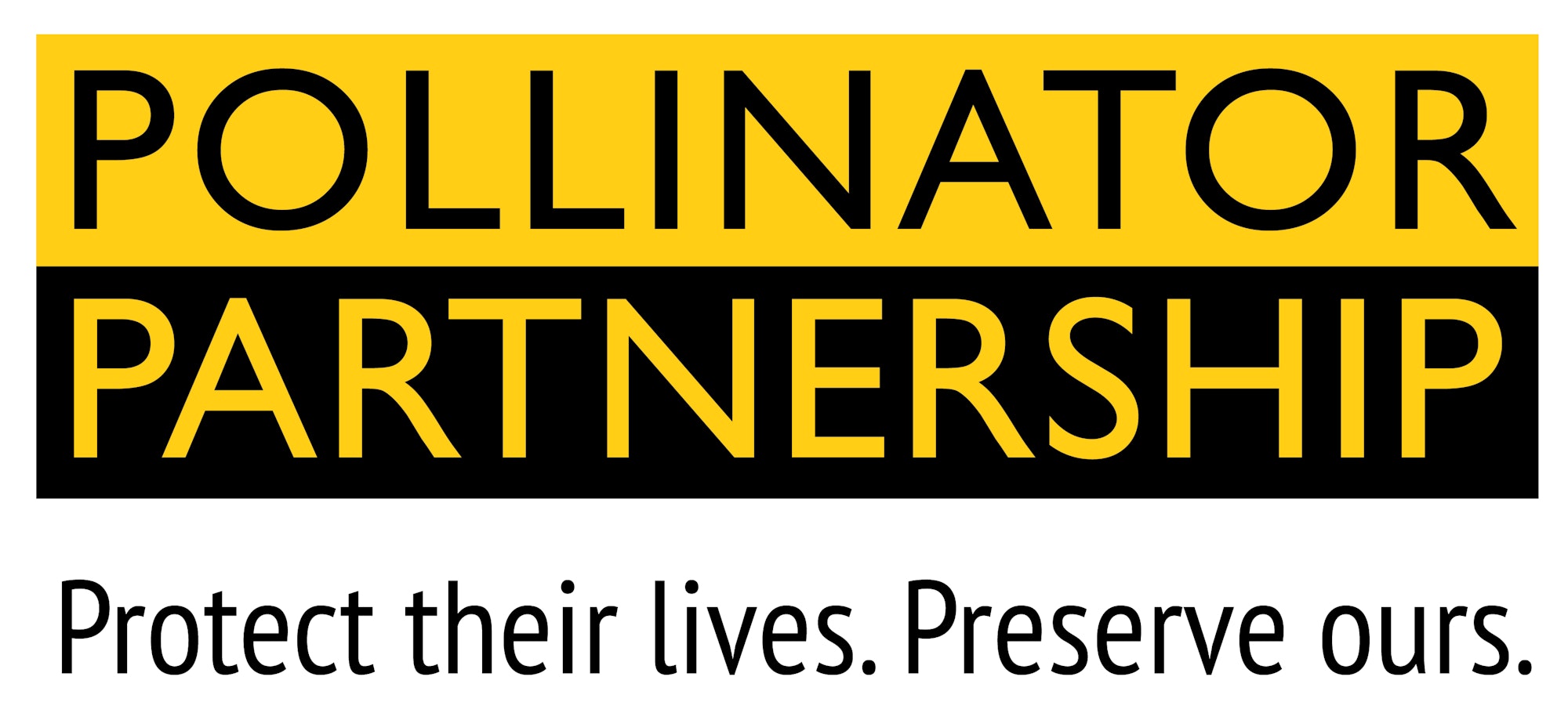
According to Pollinator Partnership, "Somewhere between 75% and 95% of all flowering plants on the earth need help with pollination – they need pollinators. Pollinators provide pollination services to over 180,000 different plant species and more than 1200 crops. If we want to talk dollars and cents, pollinators add 217 billion dollars to the global economy, and honey bees alone are responsible for between 1.2 and 5.4 billion dollars in agricultural productivity in the United States. In addition to the food that we eat, pollinators support healthy ecosystems that clean the air, stabilize soils, protect from severe weather, and support other wildlife."
These are just some of the foods we would lose if pollinators were to disappear:
- Honey
- Tree fruits such as apples, peaches, apricots, plums, lemons, limes and cherries
- Bananas, melons, mangos and papaya
- Berries such as strawberries, blueberries, elderberries, blackberries, raspberries and cranberries
- Onions
- Almonds, cashews and coconut
- Avocados
- Bean varieties such as green beans, adzuki, kidney and lima beans
- Coffee
- Tea plants
- Vanilla
- Sunflower and sesame oils
- Tomatoes
- Cucumbers
- Grapes (and, therefore, wine!)
- Cauliflower, cabbage, broccoli, turnips and Brussels sprouts
- Beetroot, pumpkin
- Chocolate
- Sugarcane
- Agave
Pollinators Are In Trouble But You Can Help
Why Are Pollinators In Trouble?
Pollinator populations are changing and many are in decline. Loss of feeding and nesting habitat is a large part of the problem. However, the overuse of chemicals, especially as pesticides in gardens and agriculture, along with pollution, disease and climate change are also contributing factors to the shrinking populations.
How You Can Help?
Everyone can help pollinators, and the more people that get involved, the better the chance our pollinators will have.
Adding pollinator-friendly habitat is one of the most significant things each of us can do. Having a small home garden, planting pollinator friendly plants on farms, at schools, in corporate landscapes or even in public spaces all can mage a big impact. Pollinators don’t seem to be phased by city life, as long as there are plots and patches of flowers and food for them to find. Please come visit our LandUse Learning Center or click here for ecoregional planting guides to learn more about pollinator friendly plant species. Or visit our publication on Steps for Success for Milkweed and Monarchs for the Inland SoCal Valleys, for more specific information on how you can help Monarch butterflies.
Adding natural habitat or pollinator gardening near community gardens and farm systems can also increases urban agricultural yields. Having farm hedgerows can also increase beneficial insect activity.
A hedgerow is a farm practice used in sustainable agriculture to increase beneficial insect activity, help control erosion and weeds, and foster biodiversity. Basically a variety of native plants are grown at the edge of a farm field including species that are known to be attractive to beneficial insects and that provide flowers and cover over the course of a year. Hedgerows may include trees, shrubs, perennial grasses, rushes, and sedges. Come see our hedgerow adjacent to the Ag Area at the LandUse Learning Center. Some species of local plants that are appropriate for hedgerows in our area are listed below. For more information, see Establishing Hedgerows on Farms in California.
Other things that you can do to help:
- Spread the word about the importance of pollinators.
- Support Farmers and Beekeepers by buying local honey and locally produced organic foods.
- Reduce or eliminate the impact of pesticides whenever possible.
If home owners, local governments, national governments, and private industries all make an effort, we can have a positive impact for pollinators also helping to secure our own future.




